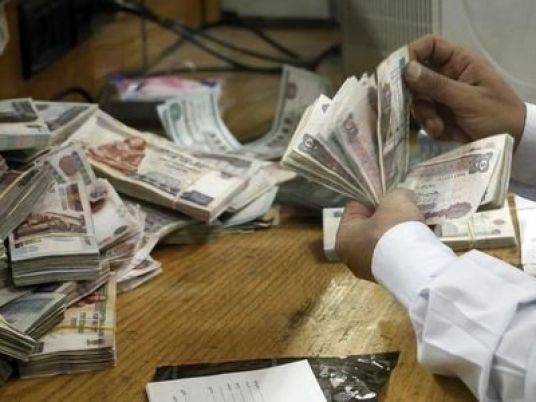
Mohamed Qasim, Chairman of the Clothing Export Council, has said that the lack of coordination between the fiscal and monetary policies of the government is harming the economy. “The new government has to take this seriously,” he said.
Qasim also said that the Central Bank’s recent decisions have not achieved stability in either the foreign reserves or the currency market. “Nor did they reduce exports and limit imports,” he said “They have only disrupted production.”
“Administrative intervention without commercial knowledge will adversely affect the foreign exchange market,” he said. “We must have a council that regulates the macro-economy and coordinates between political decisions and economic policies like everywhere else in the world.”
“Exports fell by 22 percent in six months from the recent policies,” he said. “China reviewed its policies when its exports fell by 8 percent in one month.”
He said the devaluation of the currency would raise the competitiveness of the economy. “If the Egyptian currency is higher than other currencies, the imported product will be cheaper than the local,” he said.
“A Chinese exporter receives a 10-percent subsidy of currency difference and a 17-percent export subsidy,” he said. “That is why no country can compete with China.”
He said all currencies were devalued except the Egyptian pound, the latter which had no economic justification for retaining the status quo.
“Fiscal and monetary policies aim to fight poverty. They should not be concerned with export, import and the trade balance,” he said. “It is the tourism revenues, the expat remittances and the investments that reduce the budget deficit.”
Edited translation from Al-Masry Al-Youm
